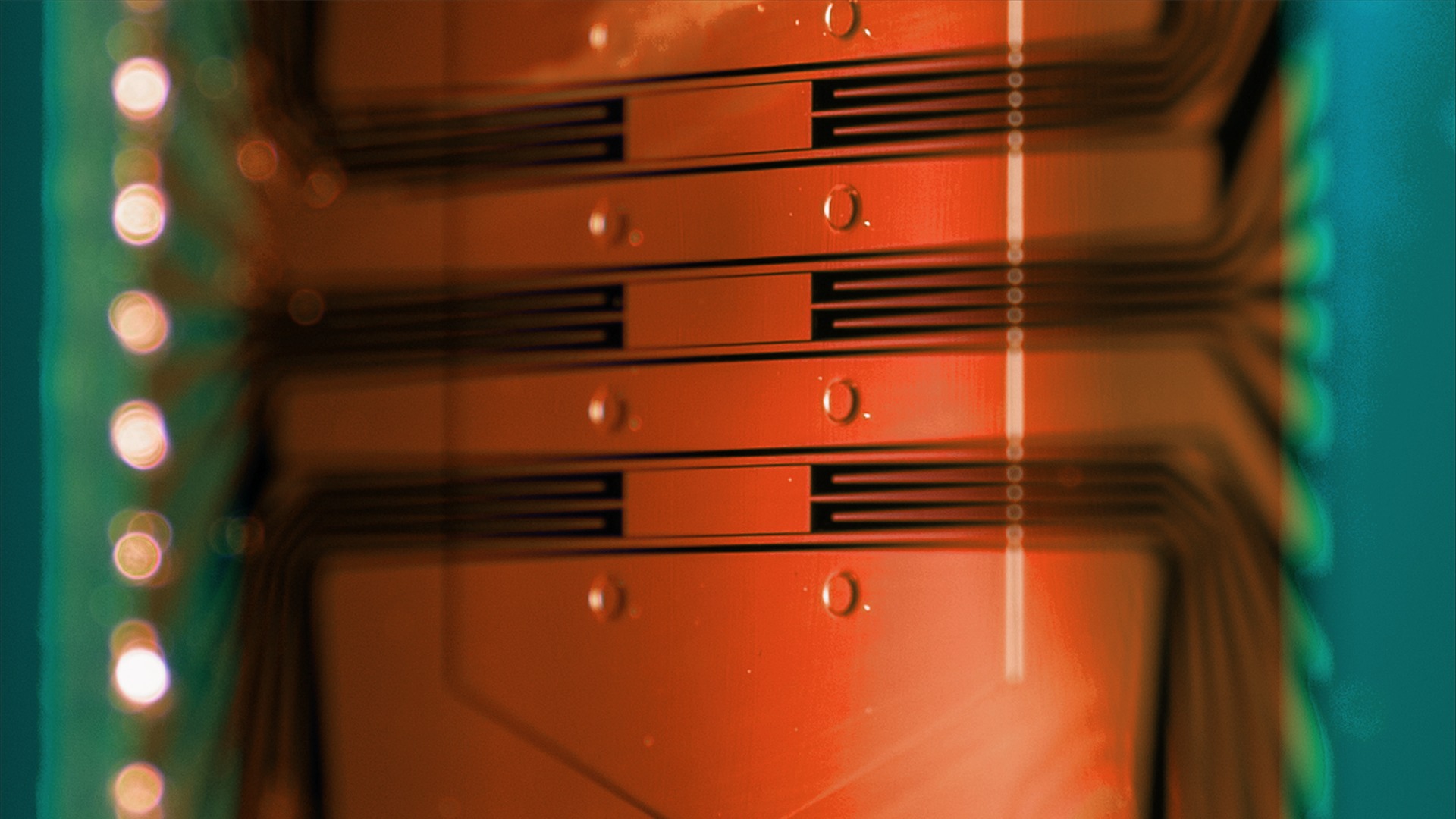New temperature regulation system used to investigate coral microalgae
SciLifeLab researchers from Uppsala University, have demonstrated a new miniaturized temperature regulation system. So far, It is the only system capable of delivering temperatures to cells as spatial gradients or in a dynamic fashion. The results have been published in the Lab on a Chip Journal.
Temperature affects biology in fundamental ways, yet understanding and measuring the effects of dynamic temperatures on individual cells has been difficult to achieve.
In a recent study, led by SciLifeLab researchers Maria Tenje (UU) and Lars Behrendt (UU), researcher have demonstrated a new miniaturized temperature regulation system that allows for the precise delivery of thermal environments to interchangeable microfluidic devices.
The researchers used the system to enable the microscopic investigation of temperature effects on single cells of Symbiodinium (the coral symbiont) and could reveal that certain cells of Symbiodinium are able to better withstand temperatures than others, possibly explaining the different abilities of corals to withstand elevated temperatures in nature.
“Conceivably we could use this technology to identify and select individual Symbiodinium cells that are more robust under temperature stress and then try to supply cultures of these cells to corals under laboratory conditions. While we don’t yet know whether this would improve the ability of corals to recover and persist future stress, it’s an exciting thought,” says Lars Behrendt.
Notably, as different microfluidic devices can be affixed to the thermal control system, the exposure of other cell types (e.g., yeast, mammalian cells or bacteria) to highly defined temperatures is now well within reach.





